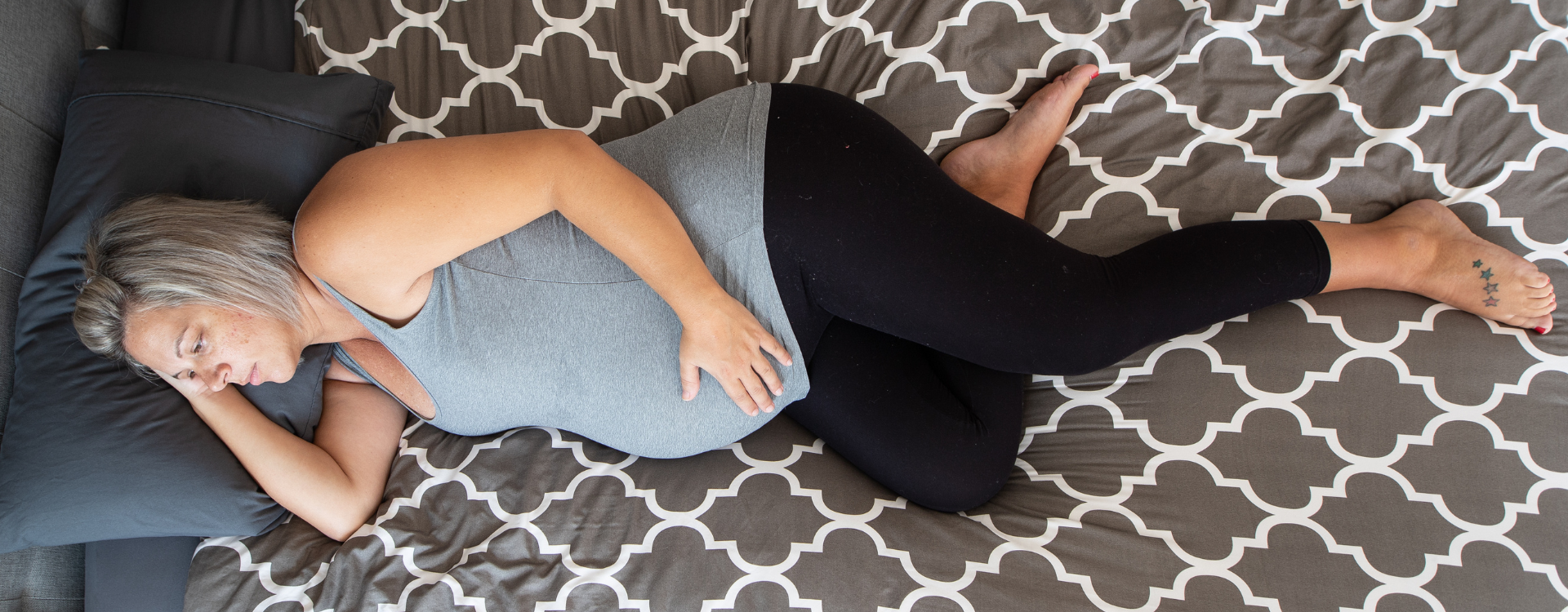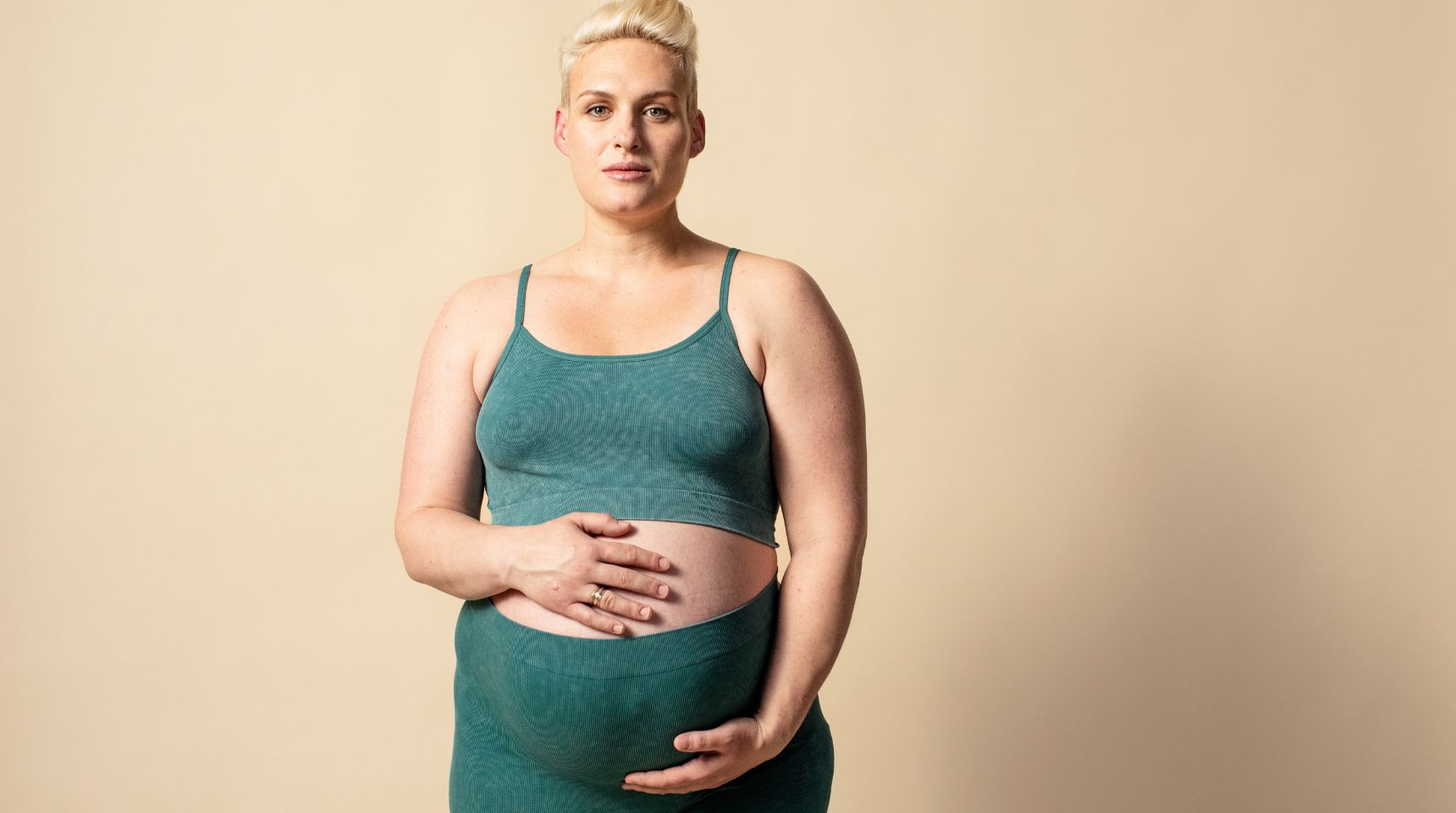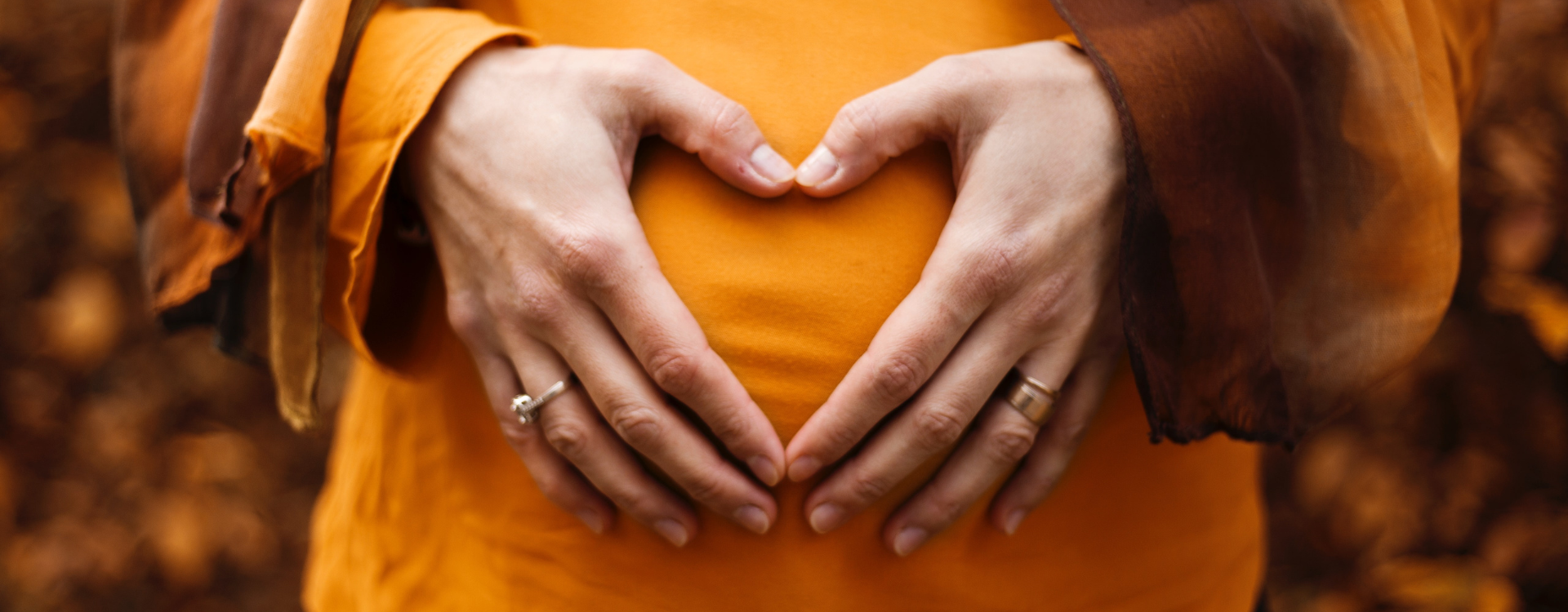You often hear that caring for your new baby comes down to three steps: feed, sleep, change diaper—repeat! That pattern pretty much describes the first few months with a newborn.
Let’s dive into a part that may be a mystery to you as a new parent: newborn sleep. Sleepless nights are the stuff of legends—and while we won’t blame you for dreading bedtime, we do have a few tips and tricks for some extra encouragement along the way. It can be beneficial to understand how newborns sleep, and how you can help your little one become a better sleeper.
Here are answers to common questions about newborn sleep.
Why do newborns sleep so much?
Newborn babies usually have no trouble hitting the snooze button. Again, if they’re not eating, they’re usually sleeping. (Hey, at least one of you is getting some shut-eye.)
If you wonder whether your newborn is sleeping too much, remember that sleep serves a real purpose. Their brain is very active during sleep, and during this early phase of life their brain is growing rapidly with new neural connections being made constantly. Your newborn will be especially drowsy the first few days as they recover from birth (just like you!). They just spent months in your warm, dark womb, so sleeping is what they’re used to. Also, infants grow and develop at a rapid pace, and they need proper nutrition and sleep to get there.
How much sleep does a newborn need?
Most newborn babies will sleep between 14 and 18 hours a day. Every baby is different, so yours may sleep more or less than this. Preemies, for example, may sleep for up to 22 hours a day at first.
But as you’ll quickly notice, this sleep doesn’t happen all at once and the pattern can be unpredictable. Your baby may doze off for three or four hours, then be awake for an hour or so before falling back asleep. Or, they may wake up every hour on the dot one day.
Also, newborns don’t understand the concepts of daytime and nighttime! And they won’t until they develop their internal clock (also known as circadian rhythm), usually around three months old (but not all!).
Do newborns have sleep cycles?
Babies have cycles of deeper and lighter sleep, just like adults. Two key differences, however, are that babies tend to have shorter sleep cycles (about one hour long) and they spend more time in rapid eye movement (REM) sleep, also called active sleep.
Look closely at your sleeping baby and you’ll see signs of REM sleep, such as twitching limbs and fluttering eyelids. It may appear that they are about to wake up—and if you need to rouse them, REM sleep is the easier time to do so. Which brings us to our next question…
Should I wake my baby to feed them?
Babies need to eat often to get enough nutrition, and their small tummies can only hold so much food. Babies who are formula fed can often go longer (3-4 hours) between feedings than babies who are breastfed (2-4 hours). This is because breastmilk is more easily digested by your little one, so they digest it faster. Either way, you can expect to feed them eight to 12 times a day. Middle-of-the-night feedings will be on your agenda for at least the first few months.
Most babies lose a little weight right after birth and regain it within 10 to 14 days. And here lies the answer to this question. If your newborn hasn’t yet reached their birth weight, you should wake them on the above schedule so they can keep up with their feedings.
But that weight milestone is a game-changer. Once your baby regains their birth weight, you no longer need to wake them to eat. As long as they are gaining steadily and there are no other health concerns, it’s OK to let them keep sleeping away (if you’re unsure, check with your pediatrician).
Why is my newborn sleeping more or less than usual?
There is a wide range of normal when it comes to newborn sleep. Yet, certain things are known to affect how much and how well your baby sleeps in any given day. If your newborn baby is fighting sleep or snoozing longer than usual, there could be several possible explanations:
- Change in routine. Did your little one sleep during a long walk or car ride? That might cause them to sleep less later in the day.
- Growth spurts. All that growth and development is tough work! Your baby needs sleep to recover.
- Medical procedures, such as vaccinations or circumcision, can make your little one sleepier than usual.
- Minor conditions and illnesses, like jaundice or the common cold, can also disrupt your newborn’s sleep.
When should I call my pediatrician?
Every baby has their own sleep personality, and it takes about 3 or 4 months for them to establish a regular sleep pattern. That said, you don’t want baby’s sleep habits (or lack thereof) to get in the way of eating, and therefore their weight gain and development.
Reach out to your doc if your baby is consistently sleeping less than 11 hours or more than 19 hours per day. If they are particularly fussy or lethargic, that’s also a good reason to call the pediatrician. They can help determine whether something else is going on with your little one.
How can I help my newborn sleep?
As a new parent, this is what you really want to know, right?
Your baby will need your help falling and staying asleep until they can learn to do so on their own. If your newborn won’t sleep, here are tips that may help—so you both can get more rest.
- Take your baby outside during the day. Daytime walks will expose them to natural sunlight and eventually teach them the difference between AM and PM.
- Create a sense of routine. The more consistent you are with feedings, naps, and bedtimes, the easier it will be for baby to develop that all-important internal clock.
- Dress lightly. New mamas tend to over-bundle their babies for fear they’ll get cold. Lighter layers are actually best for sleep. Dress baby for the temperature of the room, not the weather outside.
- Ease into bedtime. Make bedtime a soothing affair with a bath, dim lighting, cuddling, singing lullabies—you get the idea. Setting a calm mood at the end of the day may help your baby nod off to sleep. You can even read to your newborn!
- Play white noise. You can buy a machine or download an app designed for this purpose; a fan also works. The steady sound will drown out other noises so your newborn can drift off to sleep and stay asleep.
- Darken the room. Get yourself some blackout curtains and thank us later!
- Remember “drowsy but awake.” This may seem counterintuitive, but you may want to try placing baby in their crib or bassinet when they are not fully asleep. With time, they will learn to fall asleep on their own—and that their bed is where sleep happens.
- Practice safe sleep at every naptime and bedtime. The safest place for baby to sleep is in their own bassinet or crib, never in your bed or on another piece of furniture like a sofa. Always place them on their back on a firm, flat surface. The mattress should be covered with a fitted sheet and nothing else—that means no loose blankets, bumper pads, lovies, or toys. (That’s why wearable blankets are the best thing ever!) These best practices will help reduce the risk of sudden infant death syndrome, or SIDS.
Finally, try to sleep when the baby sleeps. You knew this one was coming, right? Hard as it may be, baby’s sleep time is usually the best time for you to catch some ZZZs. You both need your rest, so give yourself a break, lean on your village, and steal every hour of shut-eye that you can during these newborn months.
Sleep Like a Baby
Newborn sleep may be a wild ride, but we promise this phase will pass. One day, your precious bundle of joy will sleep for more than a couple hours at a time.
Until then, treasure the sight of your sweet, sleeping newborn—before heading back to bed yourself!
All content found on the Lansinoh.com website, including: text, images, audio, or other formats were created for informational purposes only. The content is not intended to be a substitute for professional medical advice, diagnosis, or treatment. Always seek the advice of your physician or other qualified health provider with any questions you may have regarding a medical condition. Never disregard professional medical advice or delay in seeking it because of something you have read on this website.









